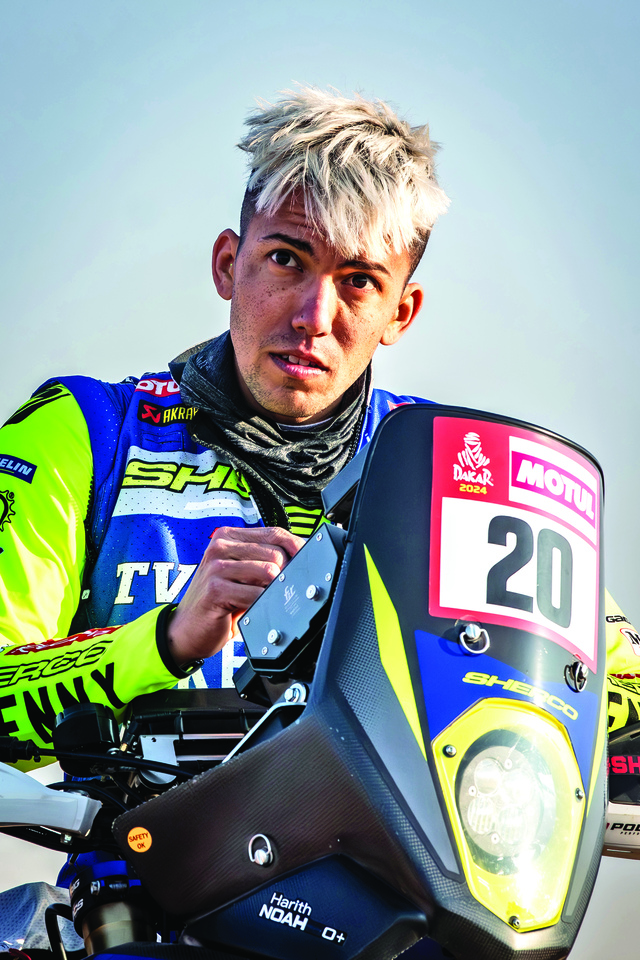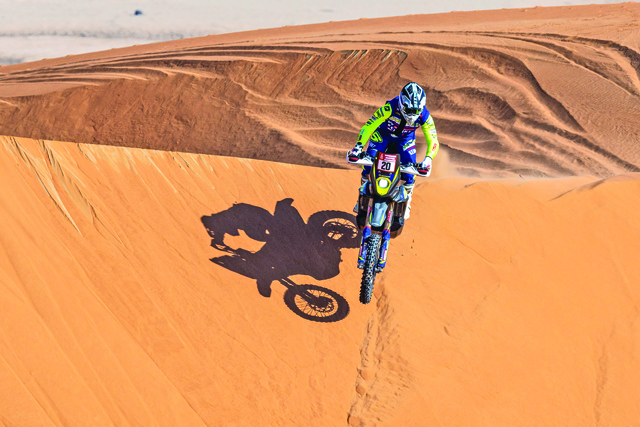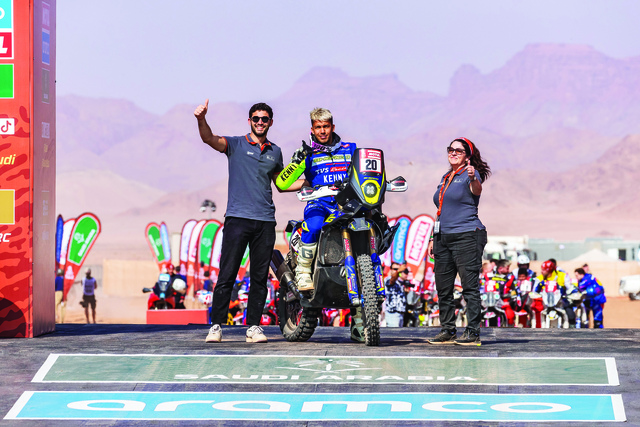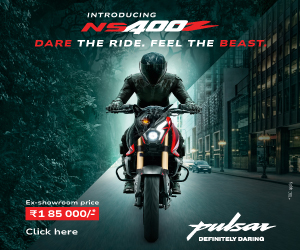India’s first Dakar Rally 2 winner, Harith Noah, speaks to us about his most successful Dakar outing yet.

Interviewed by: Joshua Varghese

In comparison to your previous Dakar participation, which part of your training made the biggest difference this year?
I do not know what I did. I mean, I know what I did differently but I do not know what made the difference, which is actually not that much. For fitness, I did pretty much the same except I did some testing and got some input from the Red Bull APC – Athlete Performance Centre. That definitely helped and we tried to gain some weight. Which we did in the form of muscle mostly. So that could have helped and then obviously there was a lot of rehab at the beginning with the broken back and the rest. Mental training-wise, was pretty much the same thing with my mental training coach. Fitness I do myself and I did more riding, more intense riding. I also rode a lot with Mason Klein which helped a lot and, yeah, other than that, road book training, I have to be honest, I didn’t do that much. I just did one week of training in Morocco. I definitely would have ideally liked to do more road book training which I will try to do this year.

Which was the most difficult stage for you this time?
I would say the most difficult stage for me personally would have been Stage One because I had a very bad headache and cramps everywhere. It was not really the stage, it was just my physical condition; that day I think I was dehydrated. That made it difficult. If that is not included, then I would say Stage 11 was pretty hard, was very rocky. Long, lots of high speeds, was difficult to stay focused and obviously not crash. Even though I did, twice.

We saw clips on social media where you stopped to help fellow racers. Did you also receive help when you needed it?
Yeah, I stopped once for my teammate, to help him out with some parts. I didn’t really need help. I never really stopped during the race. Two-three years ago, when I broke my fuel tank and I had to get fuel, obviously it was not easy, nobody really wanted to stop, which is understandable because they are in the race. But yeah, it is what it is.

If you could go back in time and change something to finish higher in the overall rankings, what would it be?
That’s a tricky question, to go back! I think nothing because I gave it my best. I’ve finished where I was supposed to but there are so many factors. Let’s take just the last stage. I started off. I really wanted to push because I didn’t know where I was overall. So I just wanted to really push and I tried really hard and 30 kilometres into a 170-kilometre stage, I was completely in the dust of the guy in front who started three minutes ahead. I couldn’t do anything, so I literally rode behind him till the finish and he caught the guy in front who started three minutes ahead of him, so that is six minutes that I caught but there is nothing you can do because it is too dusty and especially during that stage there was no wind so the dust never went away. I would say probably if I would have gotten more comfortable on the bike right in the beginning it would have been much better. Would have been nice if I had not fallen sick too.
What is your biggest learning from this year’s Dakar?
The biggest learning would be what aspects I should work on this year. Another aspect would be, try to just do your own race. In one stage, I caught up with some people like, bigger names and I was a little… not stressed particularly but not sure what to do. I think if you feel good, you should just go ahead, pass and just try to navigate and go ahead. I did that towards the end and obviously, I want to do that in every other race moving forward.

Would you say you are strongest on the sand or are there other terrain where you are stronger?
I would say I am actually the strongest on soil, like hardback. Hard terrain with less grip, I’m pretty good at that. Also, any tracks that are really, really fast. Where the average speed is very high and with navigation. If it’s not too bumpy, I’m really pretty good at that, so those are probably my strong skills. On sand dunes, I’m okay. I can still improve a lot.
At what point in the race did you realise that you had a good chance of winning in your category?
I never knew. I don’t follow the results. So, I didn’t really know if I was winning. I think in rally too, I knew that I was in the top 3 somehow. Obviously, I tried to tell everyone not to tell me anything, but you know, sometimes I hear small bits but I didn’t know that I was winning. So yeah, I came to know just after finishing the final stage.

How would you describe TVS Racing’s role throughout your career?
TVS Racing has supported me almost from the beginning. I was just a privateer for two years and then, the third year I joined TVS. They saw something in me I guess, and obviously I was just one of their riders and just trying to get better. I did and slowly we kept working and working together as a team and trying to improve everything, like the bike, myself, my riding, my skill. I guess we grew up, went up the ladder together and now we are here. So definitely a long journey, but worth it. Worth all the hours of training and dedication I have put into this sport.
Also Read: Interview – Yadvinder Singh Guleria, Chief Commercial Officer, Royal Enfield


Leave a Reply